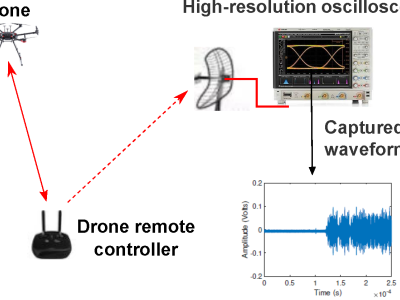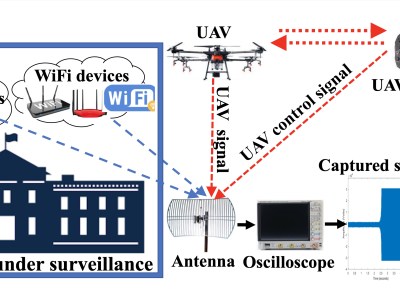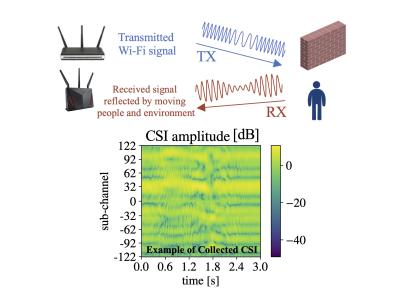Performance Analysis of Media-based Modulation with Imperfect Channel State Information

- Citation Author(s):
- Submitted by:
- Ananthanarayanan Chockalingam
- Last updated:
- DOI:
- 10.21227/H2TH2Q
- Research Article Link:
 281 views
281 views
- Categories:
- Keywords:
Abstract
Media-based modulation (MBM) is an attractive modulation scheme where
information bits are conveyed by digitally controlling the ON/OFF status
of radio frequency mirrors (which are parasitic elements) placed near the transmit antenna. The MBM alphabet (which is the set of channel fade
coefficients corresponding to all possible mirror ON/OFF status vectors) is estimated at the receiver through pilot transmissions. In this paper, we analyze the effect of imperfect channel estimation on the bit error performance of MBM. We present the analysis for generalized spatial modulation MBM (GSM-MBM). We analyze the performance for two types of detectors, namely, 1) the commonly studied mismatched detector, and 2) the true maximum-likelihood (ML) detector that maximizes the likelihood by taking the statistics of the channel estimate into account. First, we derive an exact average pairwise error probability
(PEP) expression for the mismatched detector using characteristic function approach, and obtain a union bound based upper bound on the average bit error probability (BEP). Next, given the estimate of the MBM alphabet, we derive the true ML detector for GSM-MBM, and derive an exact average PEP expression (by averaging the conditional PEP over the statistics of the channel estimate) and an upper bound on the average BEP. The exactness of the average PEP and the tightness of the average BEP upper bounds of the detectors are validated through simulations.
Instructions:
IEEE Transactions on Vehicular Technology Manuscript







